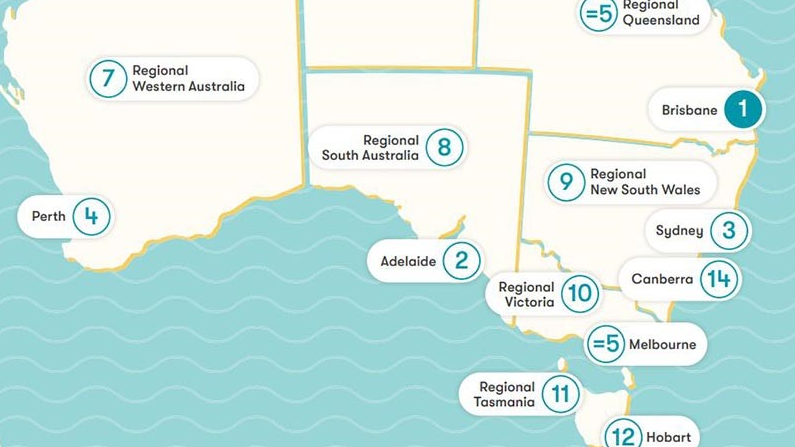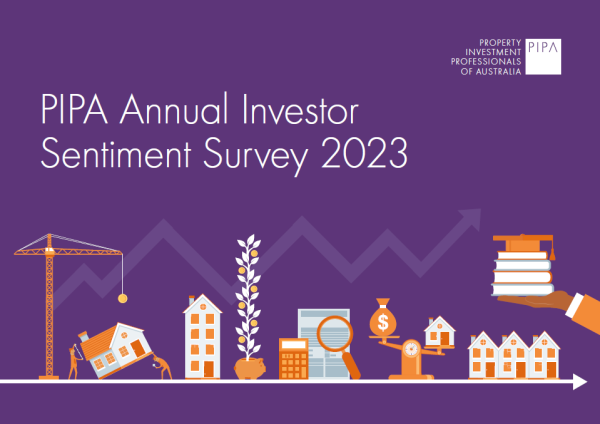Why house prices are not as dependent on cash rate as you might think
Jul 2021Karen Millers
Categories
Location ReportsMedia releasesNational market updatesPersonal advisersPIPA AdviserPIPA Annual Investor Sentiment SurveysPIPA Member ProfilesPIPA video updatesPIPA webinarsPodcastsProperty advisersProperty newsLatest Articles
‘More chance of winning lotto’ than housing targets being met
PIPA Member Profile | Amanda Turner, Opulence Property
The movement of dwelling prices is less dependent on how low or high the current cash rate is and is more driven by a range of factors, according to the latest analysis by the Property Investment Professionals of Australia (PIPA).
Peter Koulizos, chairperson of PIPA, said most people believe that current historically low cash rate is the sole driver of strong housing market conditions across the country.
“The current market conditions are unusual, given markets are rising in lockstep around the country, but this is predominantly due to extremely strong demand from buyers and a low supply of property for sale, rather than the fact that the cash rate is really only marginally lower than it was before the pandemic hit,” he said.
The PIPA analysis showed that there are instances in the past when prices did not automatically increase when interest rates are low. For instance, when the cash rate was just 1.5% from September 2016 to 2019, the eight capital cities reported a price growth of just 1.24%.
Similarly, majority of capital cities registered only a moderate price gain between September 2013 and December 2014 when the cash rate hit 2.5%, the lowest at that time.
Koulizos said in the same way, when the cash rate starts to rise as the national economy improves, it would not necessarily mean that house prices are going to fall or even stop increasing in many locations.
Investors and homebuyers, Koulizos said, should understand that the housing market conditions are not solely determined by interest rates.
“Demand versus supply is an important determinant, as is the strength or weakness of a local economy, plus internal, interstate, and international migration patterns,” he said.
While low interest rates do not necessarily light a fire under property prices, they still contribute to the improvement of consumer sentiment.
“Supportive lending conditions are also vital because if good borrowers can’t access finance to purchase properties – like what occurred from 2017 to relatively recently – then there is less competition for dwellings, and prices remain subdued,” Koulizos said.
Gerv Tacadena, Broker News, 26 July 2021
https://www.brokernews.com.au/news/breaking-news/why-house-prices-are-not-as-dependent-on-cash-rates-as-you-might-think-278019.aspx




